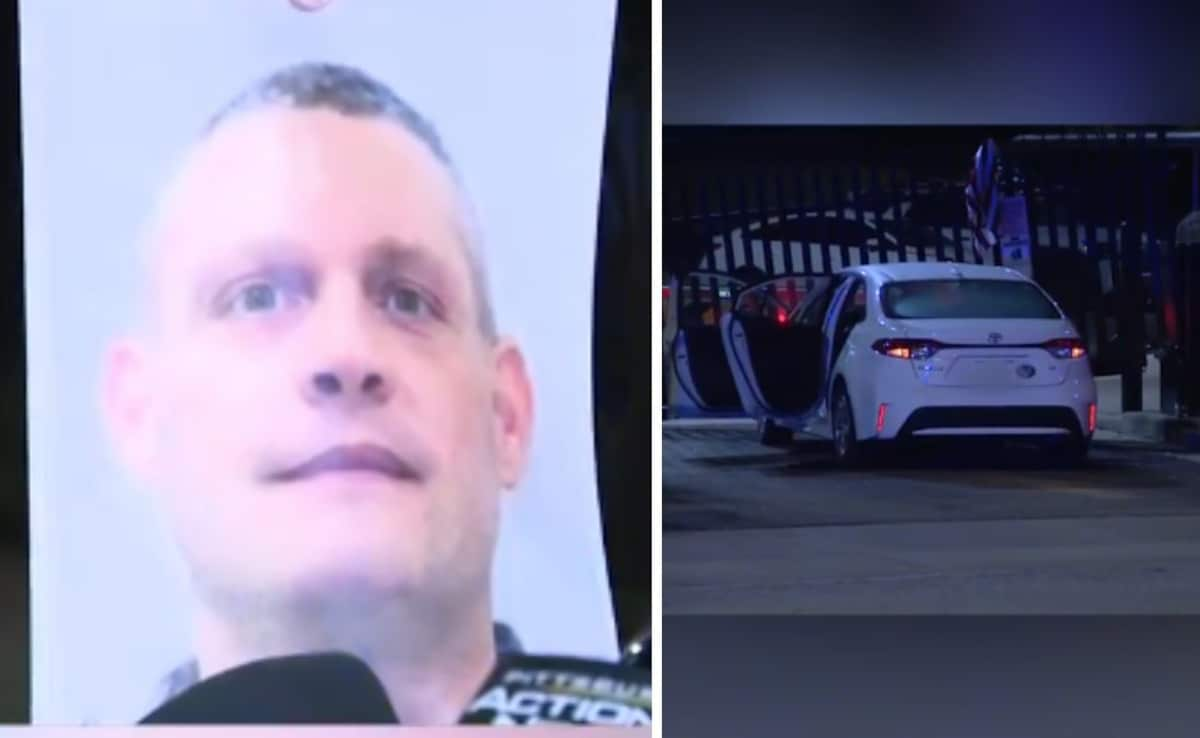âIf we stop [treatment], they will die,â Lesia Lysytsia, an onco-ophthalmologist, told The Washington Post on Tuesday. âWe cannot stop their treatment. Theyâre at war with cancer every day.â
Lysytsia said most of her patients and others requiring intensive-care treatment were sheltering underground in the buildingâs basement, which is safer and quieter and where the children are unable to hear shelling or airstrikes.
Oncology patients were still getting chemotherapy and radiation therapy, she said, as well as some types of surgery. Patients in more serious condition were being transported to other cities or to Poland, and those who could stay home were being urged to do so, with medical consultations taking place over the phone or online, she added.
Lysytsia called her work setup âsurrealism.â
âI still canât imagine this is happening. When you work, you donât think about it, you have a lot of duties to perform,â she added. âTheyâre underground â itâs not normal treatment for patients.â
Kyiv was still holding out Tuesday, but satellite imagery showed a Russian convoy of tanks, troop carriers and artillery more than 40 miles long threatening the capital. Residents in the city of almost 3 million are bracing for an all-out assault as the Russian force apparently prepares to encircle Kyiv.
Lysytsia told The Post she had spent the past four nights at the hospital along with her husband, who is also a doctor, and their two children, ages 5 and 3.
Like her younger patients, her children are âscaredâ but âthey donât realize the big problem of whatâs happened,â she said. Teenage patients are more aware, Lysytsia added, with some suffering from panic attacks because of the crisis.
âItâs uncomfortable conditions for them,â she said. âFor sure they donât like it, but itâs better to be in safety.â
Images from the Associated Press showed children, many of whom had undergone chemotherapy, in the hospitalâs basement, sleeping on sofas and mats. Some were connected to drips, and others were holding up handwritten signs saying âStop War.â
Since the Russian invasion of Ukraine six days ago, the hospital has issued several statements saying it will continue to treat patients and work to ensure the safety of its medical staff.
Kathy Pritchard-Jones, president of the International Society of Pediatric Oncology and a professor of oncology, said in statement this week that the global body âstands in solidarity with the people of Ukraine, the health care workers caring for children and adolescents with cancer and all others supporting patients and their families, or affected by the widespread violence and destruction caused by the Russian military invasion.â
Pritchard-Jones said the society was aware of children being treated in âunderground shelters during chemotherapyâ and called for the protection of health-care workers under the Geneva Conventions and other international laws.
In a population of about 44 million, there are about 169,817 cancer cases in Ukraine, according to World Health Organization data. The global public health body also warned last week that it was worried about oxygen supply shortages in the country, which it said were ânearing a very dangerous point.â
The WHO said trucks were struggling to deliver supplies and called for humanitarian corridors from Poland and elsewhere to secure medical aid.
Itâs unclear how many children have been killed and wounded in the conflict, so far, but the United Nationsâ childrenâs agency confirmed in a statement that there had been child deaths and other children âprofoundly traumatized by the violence all around them.â
UNICEF said that it had received reports of âhospitals, schools, water and sanitation facilities and orphanages under fireâ and that âExplosive weapons in populated areas and explosive remnants of war are real and present dangers for the children of Ukraine.â
âThe situation for children in Ukraine is worsening by the minute as we hear harrowing reports of children killed, wounded and many vulnerable children stranded in the most terrifying conditions,â Afshan Khan, UNICEF regional director for Europe and Central Asia told The Post by email Tuesday.
The Ohmatdyt hospitalâs chief surgeon Volodymyr Zhovnir told reporters Monday that patient numbers had dropped to about 200 from 600 since the fighting broke out, according to Reuters.
âThese are patients who cannot receive medical treatment at home, they cannot survive without medication,â he said, adding that the hospital had stockpiled enough medication for a month, but still needed food for newborns.
âOf all things we need peace most,â Zhovnir said.
Lysytsia said that supplies in the hospital so far were good and that social distancing because of the coronavirus had become a thing of the past amid the war.
People were unsure how long the conflict would last, she said. âI want it finished as quickly as possible,â Lysytsia said. But added she and other colleagues will âstay til the end.â
âWe will continue to work for as long as it will be possible,â she said.
.png)











 English (United States) ·
English (United States) ·  Turkish (Turkey) ·
Turkish (Turkey) ·